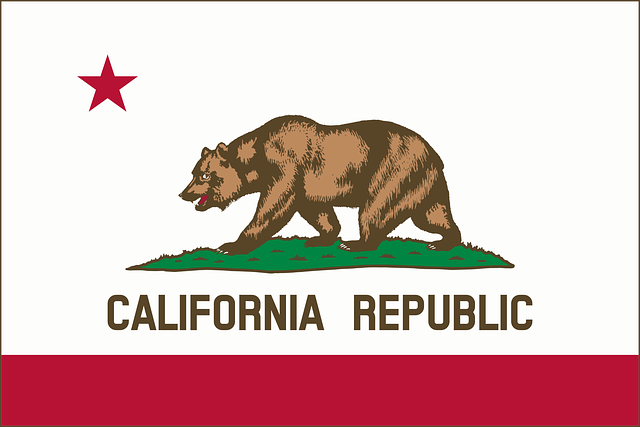Share This Article:

Sacramento, CA (WorkersCompensation.com) -- The general rule in California workers’ compensation law is that an employee is not considered to be in the course and scope of employment while traveling to or from work. Under the “coming and going rule,” the employee therefore would not be entitled to benefits for an injury that occurred during that travel.
Commercial Traveler Rule – In General
Under the commercial traveler rule, however, an employee traveling on the employer's business is regarded as acting within the course of employment during the entire period of his travel upon his employer’s business.
While traveling, the worker’s acts of driving, flying, or otherwise traveling, and procuring food and shelter, are considered incidents of employment. Coverage applies to:
- The travel itself; and to
- Other aspects of the trip reasonably necessary for the employee’s sustenance, comfort, and safety.
In the Course of Employment
The scope of the rule is broad, but it isn’t unlimited. The employee’s activity at the time of injury or death must bear some relation to the purposes of the employment.
For example, an employee who goes out to dinner and drinks with colleagues for purposes of networking, and then dies in a car accident on the way back to the hotel might be considered to be acting in the course of employment, where networking was a component of her position. See, e.g., Abraham v. Wells Fargo Bank, No. C098233. (Cal. App. Ct. 11/28/23) (noting that “[t]he team of traveling bankers was encouraged to dine together and network with each other and employees from Wells Fargo's Virginia branch.).”
Case Examples – Rule Applied
The employee, a commercial traveler, died from asphyxiation and burns in his hotel room was in the course of employment. The decedent was with a woman, not his wife, in a hotel room (and reportedly they were both drinking), when he called the front desk to report there was a fire in his room. The death arose out of the employment because the decedent occupied the room "as a necessary incident of his employment." Wiseman v. Industrial Accident Comm’n, 46 Cal.2d 570 (Cal. 1956).
Commercial traveler died from asphyxiation in a cabin on return from a sales trip was in the course of employment. California C.I. Exch. v. Indus. Acc. Comm’n, 97 Cal. App.2d 380 (Cal. Ct. App. 1950).
Injuries suffered by a commercial traveler in an automobile accident while seeking dinner on her return journey occurred within the scope of her employment. Leonard Van Stelle, Inc. v. Industrial Acc. Comm’n, 382 P.2d 587 (Cal. 1963).
Death of the employee in an automobile accident while returning to a 10-day training program from a weekend visit to relatives was compensable. IBM Corp. v. Workers' Comp. Appeals Bd., 77 Cal.App.3d 27977 (Cal. Ct. App. 1978).
Case Example – Rule Did Not Apply
“Petitioner cannot credibly claim that decedent was still a commercial traveler during a time beyond the contemplated end of his commercial journey, when he was forced to remain in Reno because of a strictly personal emergency.” LaTourette v. Workers’ Compensation Appeals Bd., 17 Cal.4th 644 Cal. (Cal. 1998).
AI california case management case management focus claims compensability compliance courts covid do you know the rule emotions exclusive remedy florida FMLA fraud glossary check Healthcare health care hr homeroom insurance insurers iowa leadership medical NCCI new jersey new york ohio osha pennsylvania roadmap Safety state info technology texas violence WDYT what do you think women's history women's history month workcompcollege workers' comp 101 workers' recovery Workplace Safety Workplace Violence
Read Also
- Apr 24, 2025
- Frank Ferreri
- Apr 24, 2025
- Liz Carey
About The Author
About The Author
- Chris Parker
More by This Author
Read More
- Apr 24, 2025
- Frank Ferreri
- Apr 24, 2025
- Liz Carey
- Apr 24, 2025
- Claire Muselman
- Apr 24, 2025
- Chris Parker
- Apr 24, 2025
- Anne Llewellyn
- Apr 23, 2025
- Claire Muselman




